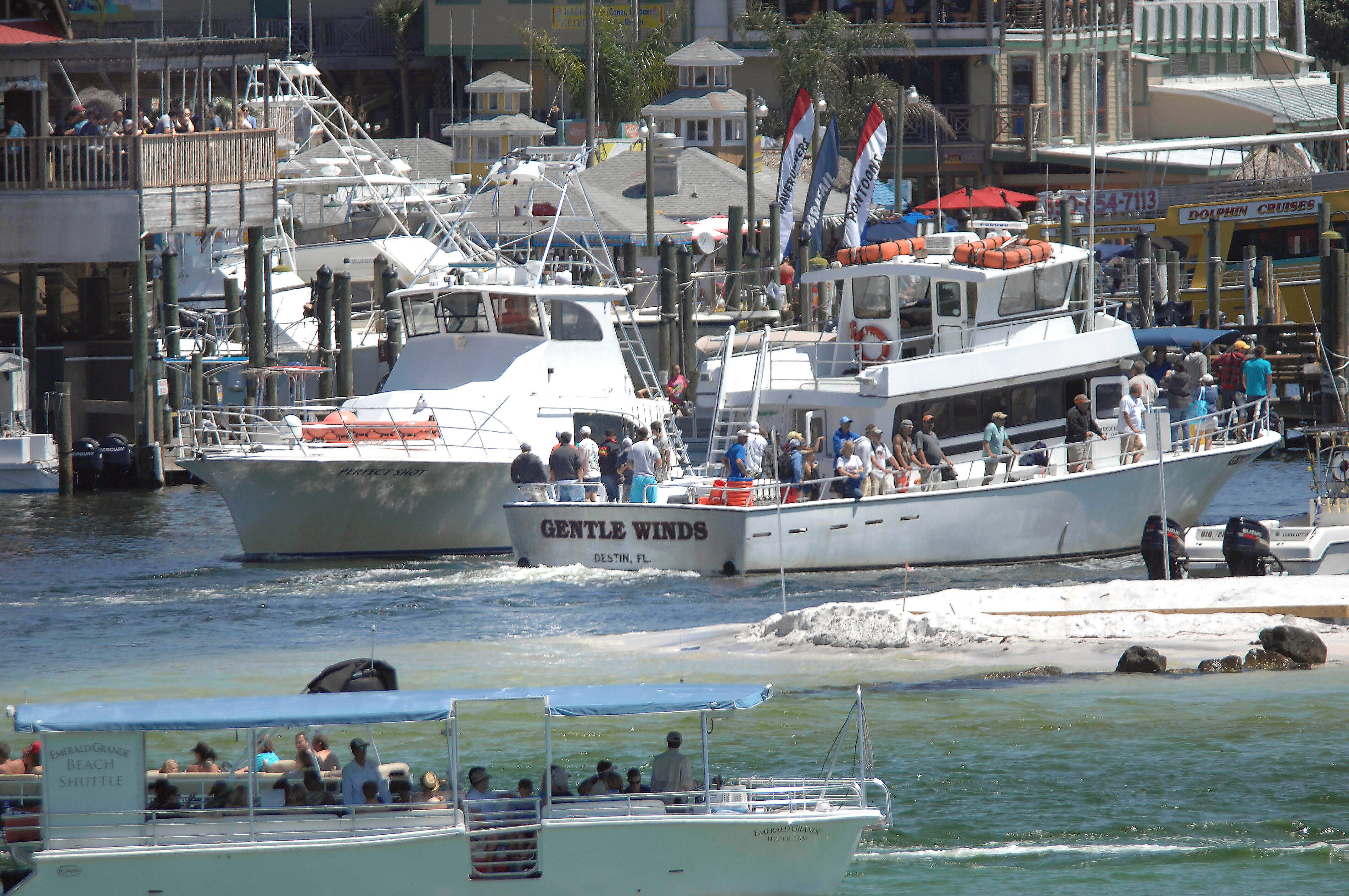US Court strikes down charter boat tracking rule
A federal appeals court has struck down a federal rule requiring charter boat operators to equip their vessels with tracking devices

Your support helps us to tell the story
From reproductive rights to climate change to Big Tech, The Independent is on the ground when the story is developing. Whether it's investigating the financials of Elon Musk's pro-Trump PAC or producing our latest documentary, 'The A Word', which shines a light on the American women fighting for reproductive rights, we know how important it is to parse out the facts from the messaging.
At such a critical moment in US history, we need reporters on the ground. Your donation allows us to keep sending journalists to speak to both sides of the story.
The Independent is trusted by Americans across the entire political spectrum. And unlike many other quality news outlets, we choose not to lock Americans out of our reporting and analysis with paywalls. We believe quality journalism should be available to everyone, paid for by those who can afford it.
Your support makes all the difference.An appeals court has struck down a federal fisheries management rule requiring operators of privately owned charter boats to equip their vessels with tracking devices, a victory for a group of Louisiana and Florida charter operators who challenged the rule in a 2020 lawsuit.
Thursday's ruling by a panel of the 5th U.S. Circuit Court of Appeals in New Orleans reversed a lower court decision upholding the regulation, which had been developed to help regulators keep track of the amount of fish caught on recreational charter vessels.
Rejecting government arguments, the panel said that tracking devices are not the type of equipment regulators can require on recreational vessels under a federal fishing regulation law passed by Congress — the Magnuson-Stevens Act.
And it said regulators, in adopting the rule, failed to adequately consider charter operators' concerns that the regulation may violate Fourth Amendment protections against unreasonable searches. While not ruling on the regulation's constitutionality, the opinion written by Judge Jennifer Walker Elrod said it “very likely violated the Fourth Amendment.”
Charter operators have complained that the requirement imposed a costly, needless burden on charter operators. Lawyers for the operators say charter operations account for a tiny percentage of fishing done in the Gulf of Mexico.
Along with Elrod, nominated to the court by President George W. Bush, the case was decided by judges Priscilla Richman, also a George W. Bush nominee; and Andrew Oldham, a nominee of President Donald Trump.
“The rights of all charter boat fishing businesses in the Gulf of Mexico have been vindicated," John J. Vecchione, an attorney with the conservative New Civil Liberties Alliance, said in a news release. The organization had represented charter operators in the lawsuit.
The National Marine Fisheries Service did not immediately respond Friday morning to emailed and phone messages seeking comment.